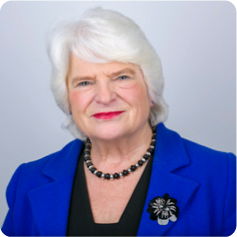References
Time to tame the wild west: working together to tackle the training agenda and ensure appropriate qualifications

Abstract
Sally Taber explores the steps that need to be taken to ensure public protection in non-surgical aesthetics, as well as the establishment of statutory regulation and advertising standards

 What Professor Sir Bruce Keogh called a ‘wild west’ industry, too often remains so, frequently at the peril of innocent patients and the profit of inappropriate operators
What Professor Sir Bruce Keogh called a ‘wild west’ industry, too often remains so, frequently at the peril of innocent patients and the profit of inappropriate operators
Non-surgical cosmetic treatments are invasive treatments designed to alter appearance and self-image. The outcomes can cause significant changes in the mental health of the patient, for better or worse. Permission to do this should only be given to people who are knowledgeable and appropriately trained, with the interest of the patient always of foremost importance. Unfortunately, the evidence shows that, too often in the non-surgical cosmetic industry, this is not so. What Professor Sir Bruce Keogh called a ‘wild west’ industry, too often remains so, frequently at the peril of innocent patients and the profit of inappropriate operators.
Now is the time to work together to ensure that those providing aesthetic treatments are only practitioners who are appropriately qualified. This will require conscious improvements in collaboration between everyone who believes in high patient safety standards.
Register now to continue reading
Thank you for visiting Journal of Aesthetic Nurses and reading some of our peer-reviewed resources for aesthetic nurses. To read more, please register today. You’ll enjoy the following great benefits:
What's included
-
Limited access to clinical or professional articles
-
New content and clinical newsletter updates each month


